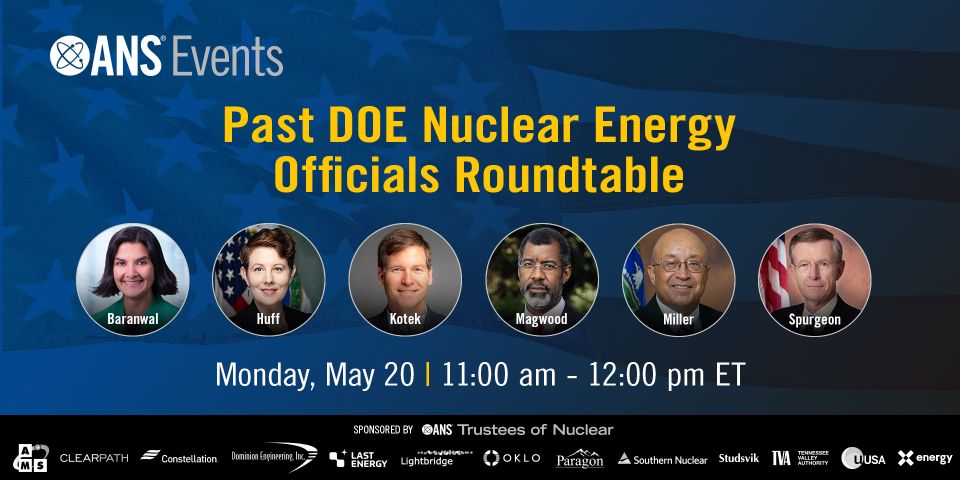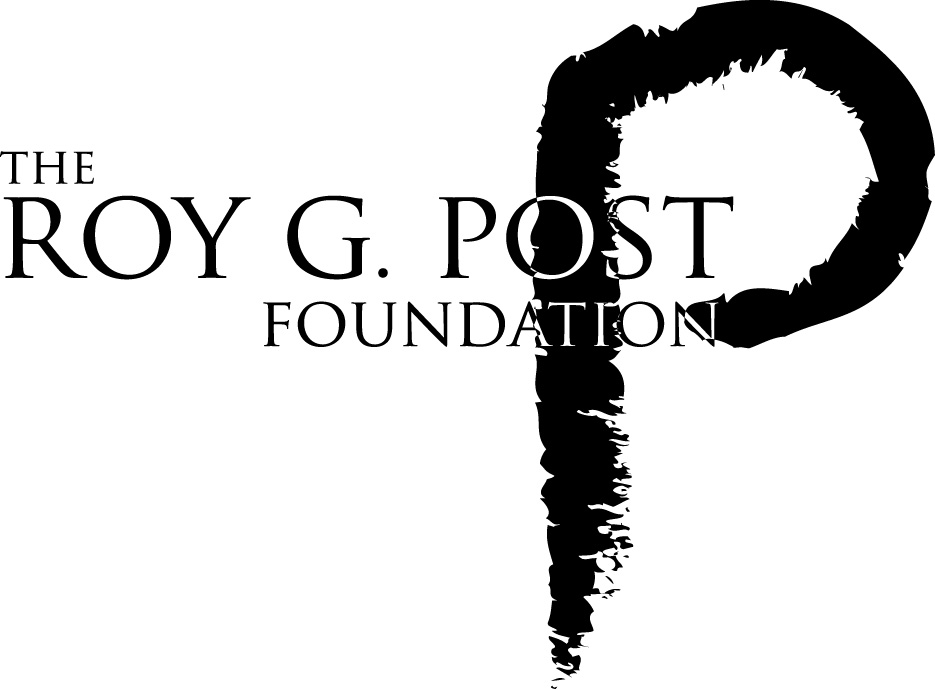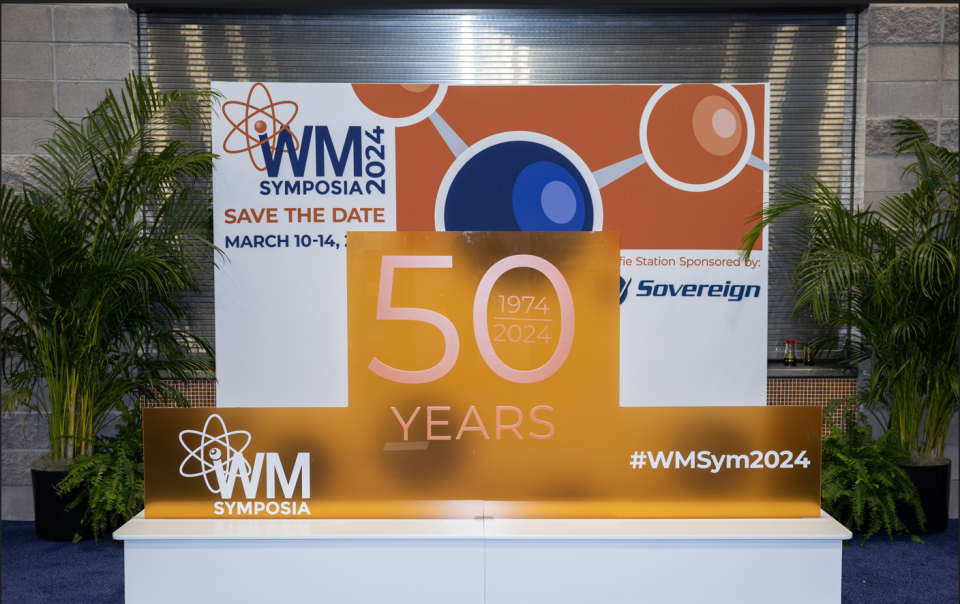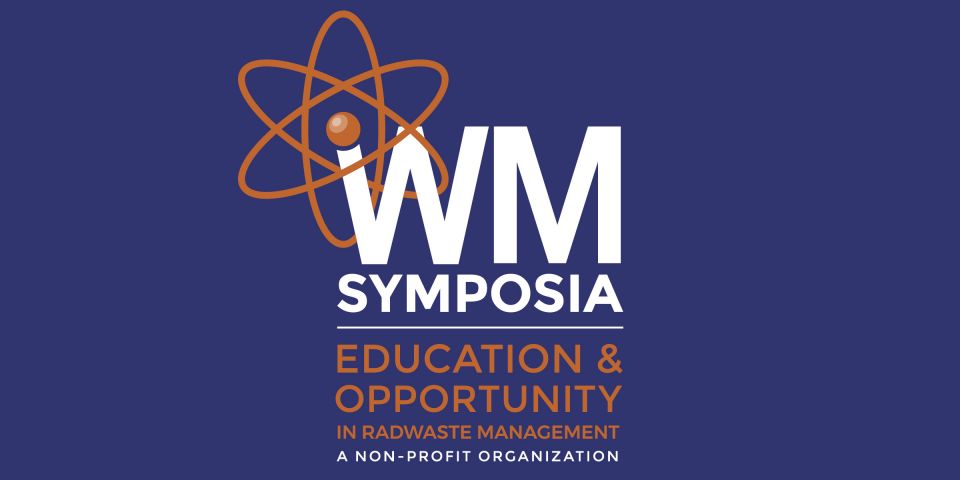WMS, a non-profit organization dedicated to education, has a history of supporting students with scholarships, fellowships, poster competitions, and opportunities in radioactive waste management. However, long-serving members of the Post Foundation board of trustees and the WMS organizing committee have recently recognized a growing need for a new generation to sustain the future of the symposium.
Accordingly, WMS organizers invited young attendees to gather and contribute their ideas for the future of WMS. In particular, this meeting focused on ways that the symposium could better serve and attract a new generation of organizers, leaders, and participants. This small but representative group of founding meeting attendees are already contributing to the long-term sustainability of the symposium by making their ideas, opinions, and concerns known to the Program Advisory Committee that organizes the conference.
Denia Djokic, a PhD candidate from the University of California at Berkeley, was intrigued by "the idea of branding the mission of radioactive waste management to make it more attractive to young people." She also was strongly in favor of the possibility of instituting a mentorship program within the conference that might pair long-time attendees with young professionals to enhance the value of networking events during the conference.
Others in the group pragmatically suggested ideas such as job fairs and more opportunities for young members to step into organizing roles within the Program Advisory Committee or as session co-chairs. These initiatives are still in the early discussion stages, but if you're a young professional interested in contributing ideas to the committee, a questionnaire is available to send in your ideas.
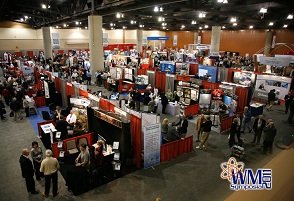
______________________________
 Katy Huff is a PhD candidate in nuclear engineering at the University of Wisconsin-Madison and a laboratory graduate appointee at Argonne National Laboratory working on computational fuel cycle analysis. She currently develops Cyder, a nuclear waste disposal system model, and the Cyclus next generation fuel cycle simulator.
Katy Huff is a PhD candidate in nuclear engineering at the University of Wisconsin-Madison and a laboratory graduate appointee at Argonne National Laboratory working on computational fuel cycle analysis. She currently develops Cyder, a nuclear waste disposal system model, and the Cyclus next generation fuel cycle simulator.
 Groups such as the ANS Young Members Group and the North American Young Generation in Nuclear, which empower a new generation of nuclear students and professionals, were recently joined by a small new sister organization, the WMS Next Generation Leadership Committee. The new organization was born during an informal meeting in February between organization leaders and young participants at the Waste Management Conference (presented by Waste Management Symposia [WMS] in Phoenix, Arizona).
Groups such as the ANS Young Members Group and the North American Young Generation in Nuclear, which empower a new generation of nuclear students and professionals, were recently joined by a small new sister organization, the WMS Next Generation Leadership Committee. The new organization was born during an informal meeting in February between organization leaders and young participants at the Waste Management Conference (presented by Waste Management Symposia [WMS] in Phoenix, Arizona).


 Katy Huff is a PhD candidate in nuclear engineering at the University of Wisconsin-Madison and a laboratory graduate appointee at Argonne National Laboratory working on computational fuel cycle analysis. She currently develops Cyder, a nuclear
Katy Huff is a PhD candidate in nuclear engineering at the University of Wisconsin-Madison and a laboratory graduate appointee at Argonne National Laboratory working on computational fuel cycle analysis. She currently develops Cyder, a nuclear 